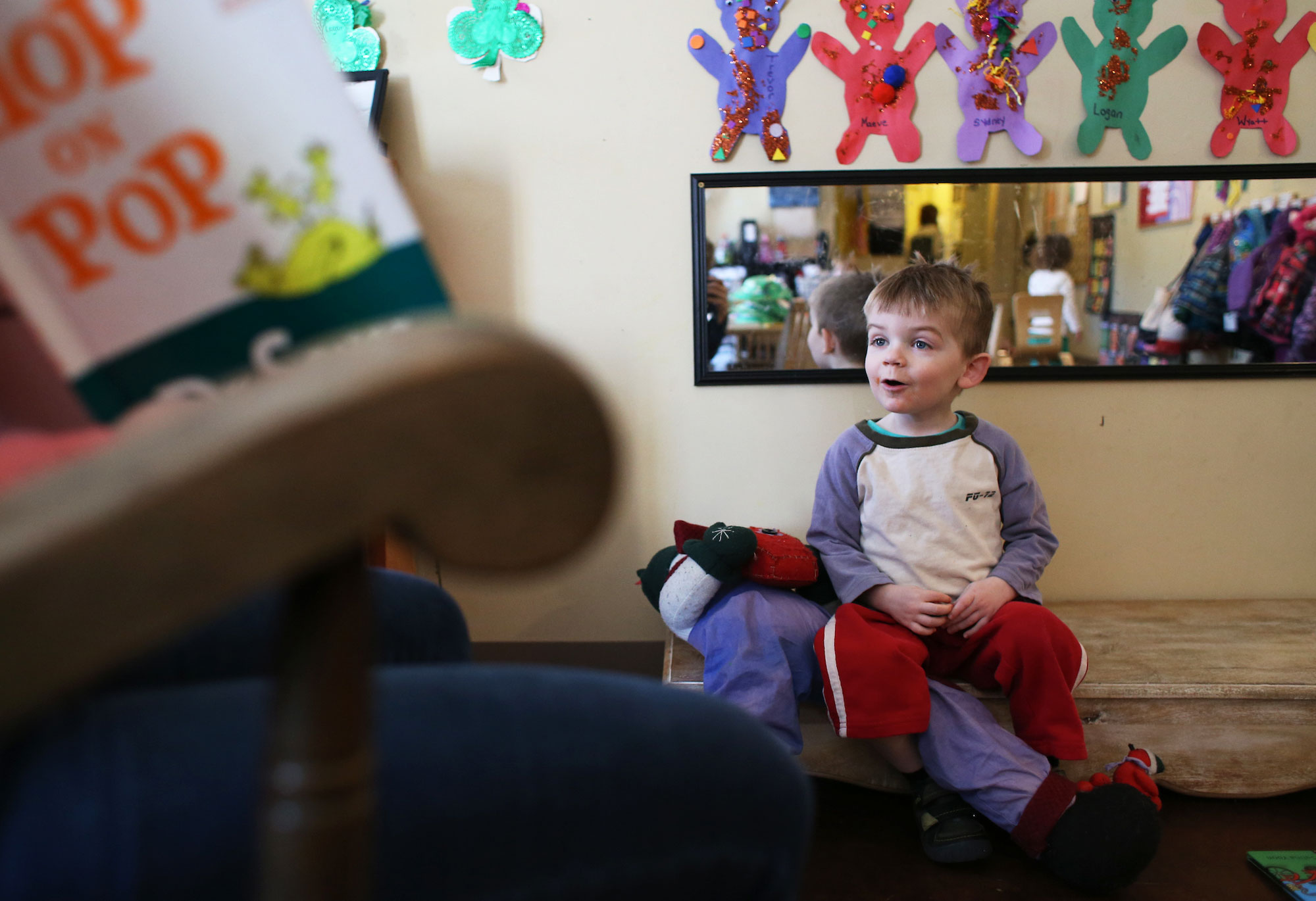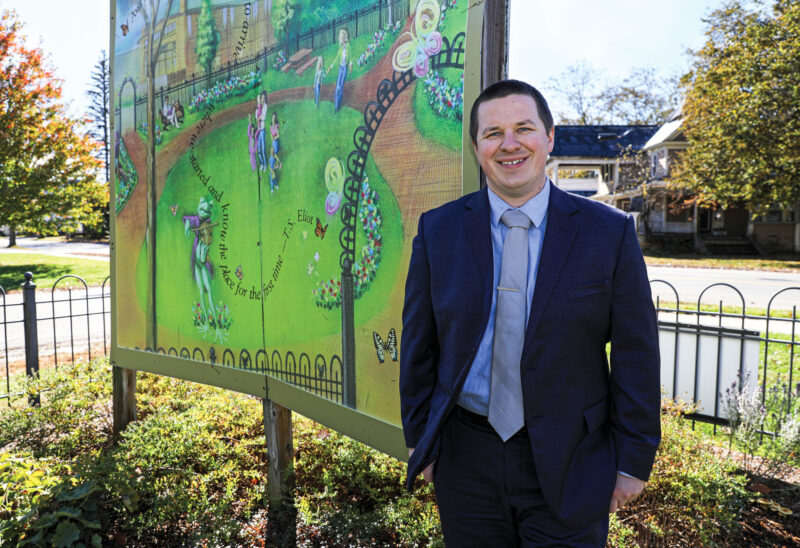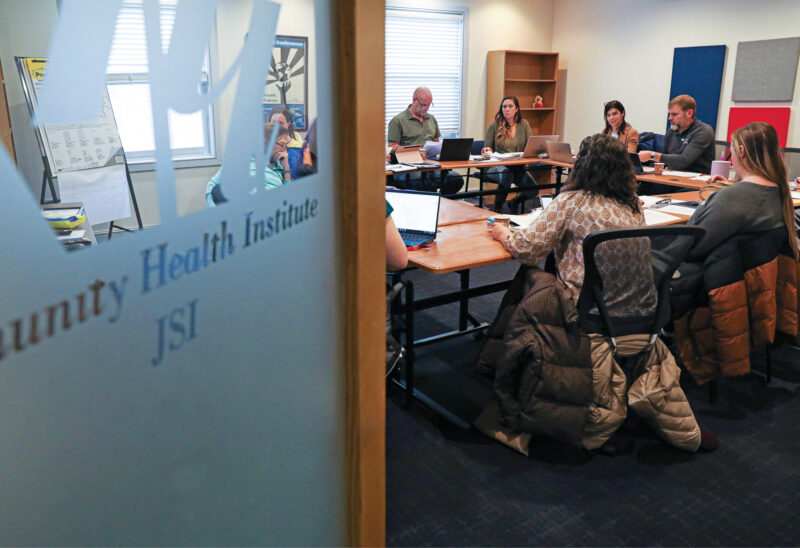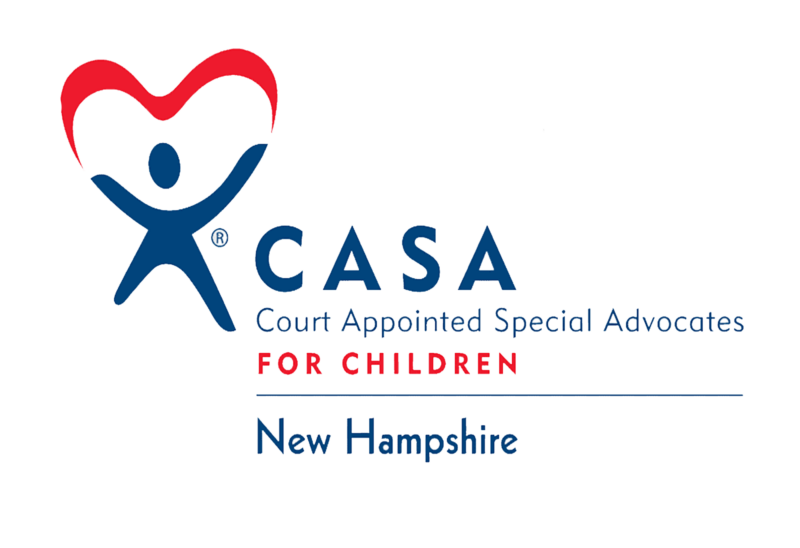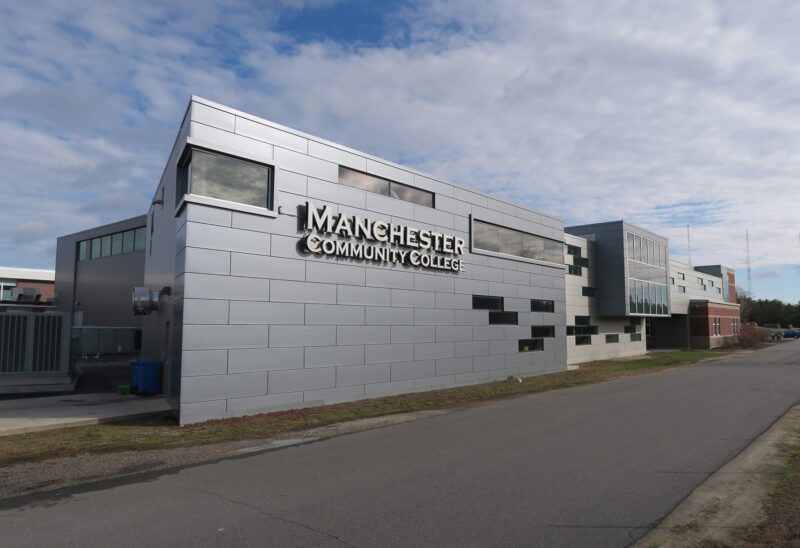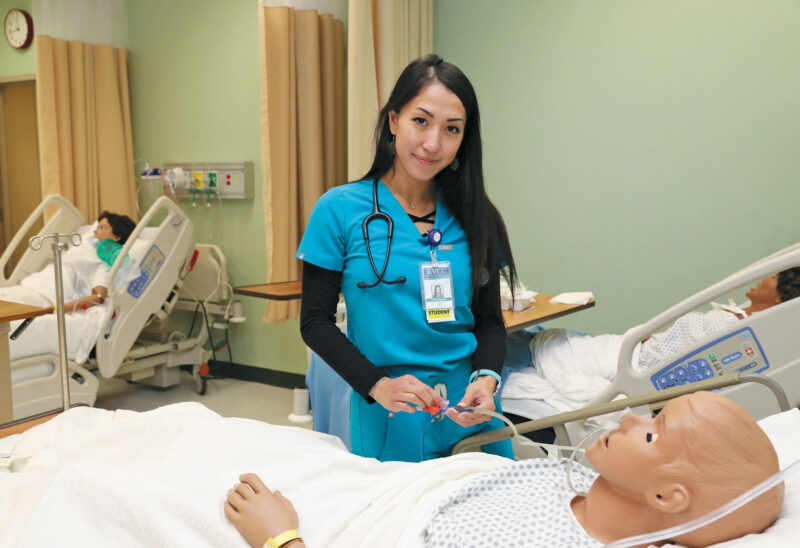The future prosperity of New Hampshire depends on our ability to foster the health and well-being of the next generation. A recent study by the RAND Corporation, Investing in the Early Years: The Costs and Benefits of Investing in Early Childhood in New Hampshire found that investing in programs like professional home visiting and high-quality early childhood programs yields great financial returns, while helping to prepare the next generation to thrive.
Drawing on an extensive body of economic and program evaluation research, the study analyzed the costs and benefits of investing in evidence-based early childhood programs in New Hampshire. The research documents statewide challenges and adversity faced by children under age six, particularly for at-risk children and their families. The study highlights evidence-based strategies that promote healthy child development from birth to kindergarten entry and demonstrate a proven return on investment. Such strategies include expanding accessibility of high quality child care/early learning programs, home visiting programs and establishing public pre-kindergarten programs in schools.
The report found that investing in statewide evidence-based home visiting programs could expand access to education and care for New Hampshire’s lowest income children and their families. Every dollar invested in a statewide Nurse Family Partnership program, the study determined, would yield a return of $4 to $6.
The research was funded by the Endowment for Health, the New Hampshire Charitable Foundation, the Neil and Louise Tillotson Fund, the New Hampshire Department of Education, and the HNH Foundation.
The Foundation helped fund the research as part of its 10-year $100 million “New Hampshire Tomorrow” initiative to increase youth opportunity.
The report also laid out the state’s challenges, including a high cost of meeting basic needs, growing child poverty and adversity faced by our youngest children.
While overall, New Hampshire ranks fourth in Annie E. Casey Foundation’s index of child well-being, those rankings are based on averages that obscure some troubling trends. New Hampshire is a wealthy state — but one in which 28,000 children are living in poverty and more than a quarter of all New Hampshire children are eligible for free and reduced-price lunch. And pockets of poverty are growing deeper in many communities.
Despite the fact that most (70 percent) parents of young children in New Hampshire are in the workforce, a stunning 45 percent of children under six live in families whose wages do not provide financial security. And 37 percent of New Hampshire children under six experience one or two factors related to early adversity — such as hunger or exposure to violence — that put them at risk for poor outcomes and lifelong challenges. Investing in proven programs prepares kids for the future.
The RAND report, combined with other state and national data, inform the Foundation’s work to help make sure that all of New Hampshire’s children have the opportunity to thrive.
Thousands of children from low-income families lack access to everything from high-quality early childhood care and education to advanced placement classes in high school and enrichment activities. They fall behind their wealthier classmates by third grade — and many never catch up. They are less likely to go to college, less able to get good jobs and less ready to contribute to communities. Strong, thriving children grow into thriving adults who contribute to prosperous and healthy communities.
But right now, too many young people do not have that chance.
We know, and this report serves to reinforce, that there are solutions that will help children and families thrive: Strategic investments in early childhood will help New Hampshire’s children reach their full potential and become the adults who will sustain our communities and economy.
The economic and developmental science are clear: the investments we make today to foster the healthy development of the next generation will determine the future of our state. Investing in the Early Years makes clear that New Hampshire’s communities and economy will be stronger when we invest in and expand effective early childhood programs.
![]() Read the RAND Corporation’s study, Investing in the Early Years (PDF)
Read the RAND Corporation’s study, Investing in the Early Years (PDF)

